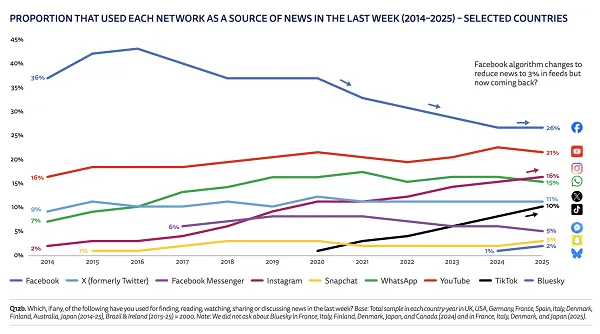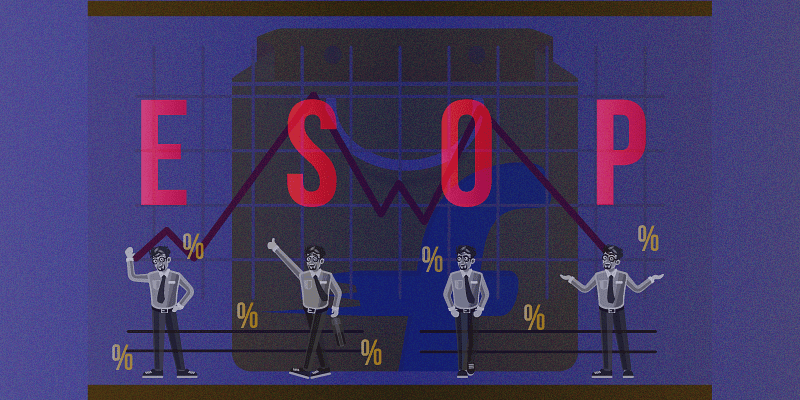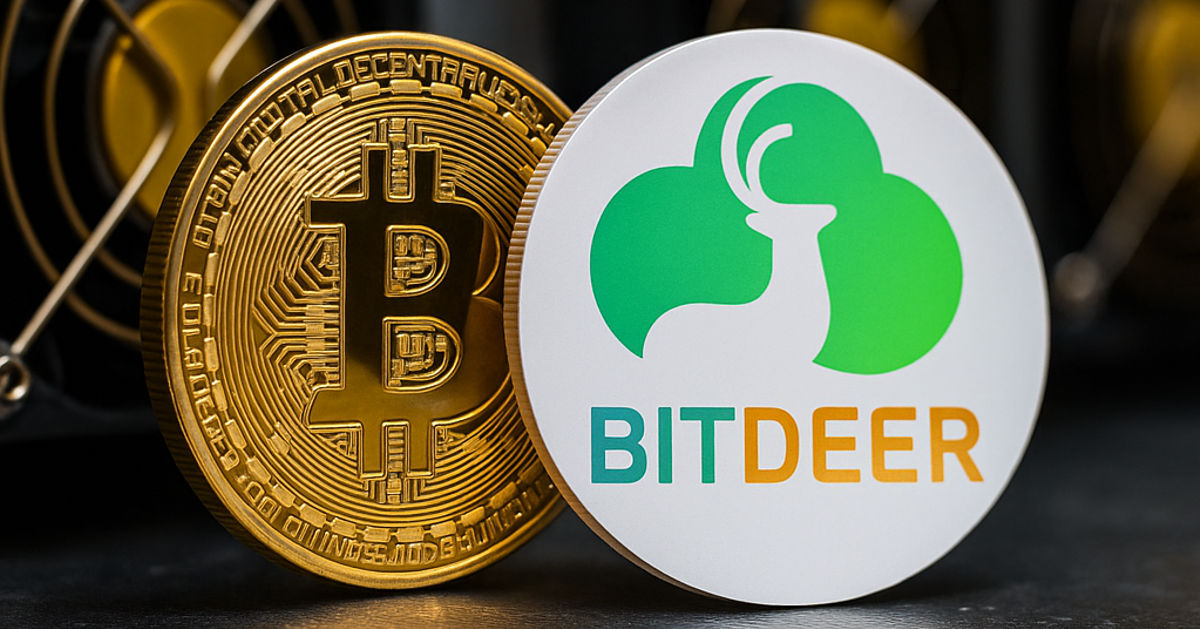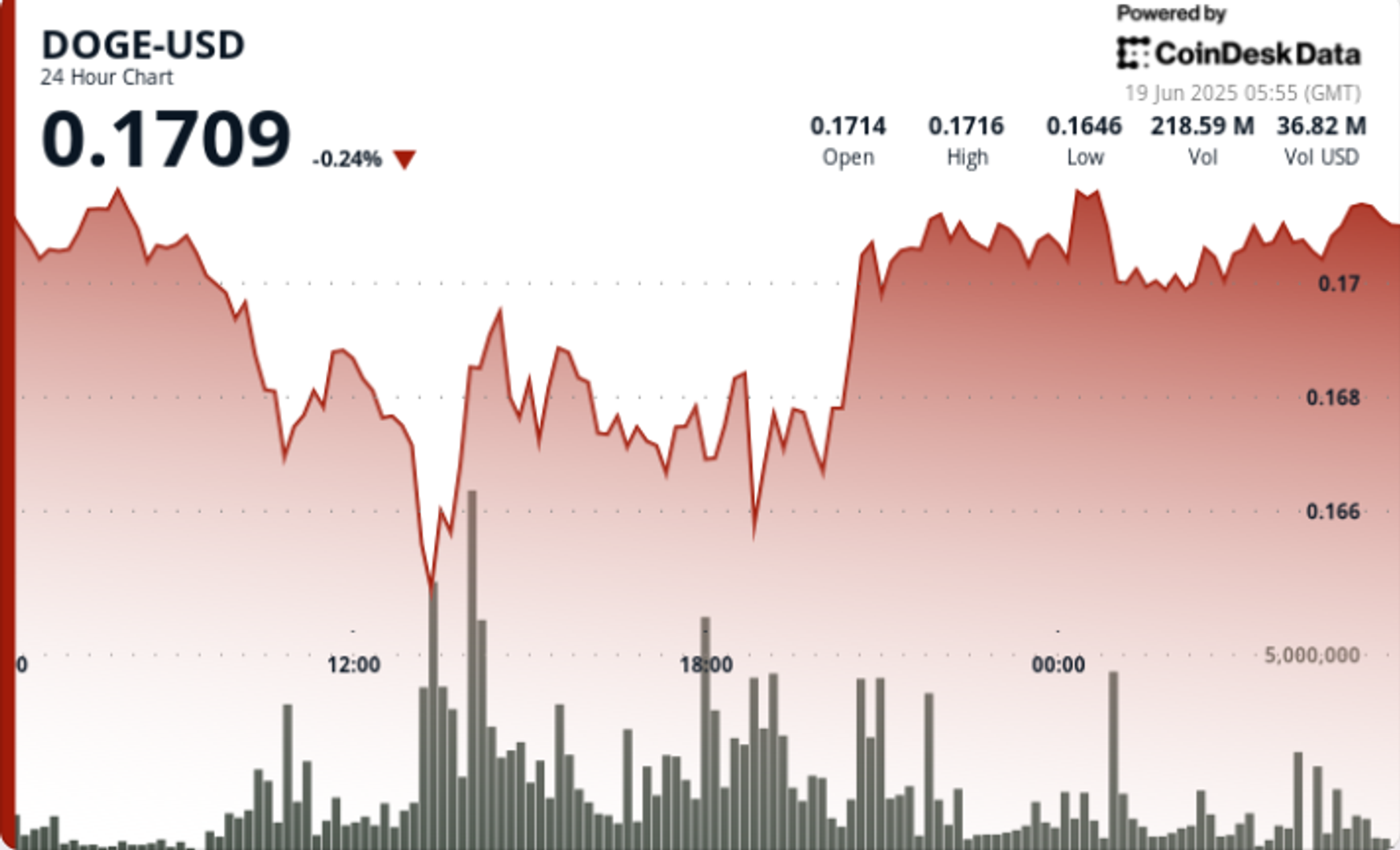From local lanes to digital domains: How ShopIQ is helping small businesses use AI
Shopify speaks code. ShopIQ speaks Hindi, and that’s what’s changing the game for India’s micro businesses.


Imagine this: a grocery shop owner in a Tier II city speaks into his phone’s speaker in Hindi: "Main biscuits aur chips bechta hoon; ek website chahiye. (I sell biscuits and chips, I need a website)" Within seconds, ShopIQ creates an e-commerce website with design, product listings, and basic visuals, all without any coding!
Founded by Rounak Chindalia, 29, Jaipur-based ShopIQ is an AI-SaaS startup that helps small and micro businesses launch and manage their digital storefronts. The company began operations in February 2025, offering a web-based platform that uses AI to automate website creation, cataloging, and online sales tools.
Chindalia previously ran an IT services company that worked with prominent brands such as ITC Philips. This business taught him how big and small businesses struggled with managing their unstructured data.
"A listed company or a kirana store, both can have problems with data," Chindalia says. This led to the idea of building a digital tool that could help organise and manage business information.
While ShopIQ competes with platforms like Shopify and WooCommerce, where, as per Built With reports, Shopify supports over 4.8 million worldwide as of 2024, and WooCommerce is used by 6.5 million websites globally. Chindalia says those platforms are not designed with AI from the start.
“They are not AI-first,” he added, “We built ShopIQ with AI as the foundation. That shapes everything, from how we build to how businesses interact with the platform.”
According to the founder, one of the current goals for ShopIQ is to ensure its system can scale and integrate with older enterprise tools still widely used by larger firms. These include enterprise resource planning (ERP) systems like SAP and Oracle, which are common in large organisations. The company is working to make its AI platform compatible with such systems, which can serve as data sources for further automation and intelligence.
The foundation
The story of ShopIQ began in 2019, when while running his IT services company, Chindalia began learning about AI to better handle data challenges.
ShopIQ, which was officially registered in June 2024, initially focused on helping businesses organise and manage their data. Over time, it changed direction and became a chat-based tool that helps small businesses create and run ecommerce websites.
Chindalia says, “When I saw the kind of data issues companies were dealing with, I knew there was a better way.”
User can describe their business, and the platform builds an ecommerce website based on those inputs. It creates the design, writes product descriptions, and uploads listings. Additionally, users can upload images. It works with instructions in seven languages as of now: English, Hindi, Tamil, Marathi, Telugu, Bengali, and Gujarati.
“It’s a complete commerce co-pilot,” Chindalia says. “You can tell the system what your business is about, and it does the rest, from writing code to launching the website.”
However, the founder says that ShopIQ is not just a website builder. The platform also helps to generate images, titles, specifications, and even pricing suggestions using AI tools.
The company uses large language models (LLMs) such as Google’s Gemini, OpenAI’s GPT-4, and Claude from Anthropic specifically help businesses with different tasks. The founder says ShopIQ has built its own system that decides which program works best, depending on what the user needs.
"But our own algorithm decides which one to use, and the core code that handles data and decisions is built entirely in-house," Chindalia said.
The company manages its own middleware and backend, and the data stores in Indian user data in India. “We handle data very carefully,” Chindalia says. “Only the front end is generated using external models. The backend is fully ours and kept secure.”
Reaching beyond metros
Chindalia says the platform has been tried by over 1,000 users so far, including some early users who gave feedback during the testing phase. While most are based in India, about 200 international users also explored the platform, with around 25 from the US continuing as active merchants.
ShopIQ focuses on Tier II and Tier III cities. About 30% of its users are from Tier II cities, and 3% from Tier III cities. As of now, the company has 300 registered merchants, including businesses like Pulp Official, JS Solitaire, and Odeon.
“Many small business owners don't have a digital presence,” Chindalia says. “We wanted to start by helping them become digitally first.”
The company plans to expand by offering services in 28 other languages this year.
Although the platform is managed by four team members. The platform is currently available as a web-based application, while their mobile application will be launched by this November, per the founder.
However, ShopIQ focuses on is catalog management, where businesses can upload basic information like product names and images, and the system generates full listings. It also supports dynamic pricing, where users can get different discounts based on their behaviour.
"If someone keeps visiting a product page but doesn't buy, the system can offer a personalised discount," says Chindalia. "That kind of real-time intent tracking isn't common in small business tools."
Pricing and future plans
ShopIQ offers three global plans: Startup $10/month, Growth $50/month, and Pro $200/month. In India, the Startup plan is free. Chindalia says, “The idea is to support India’s small business owners who are just starting.”
There is also a student initiative launching on August 15th this year. Students at partner institutions will receive more AI usage credits than regular users. "It could be a startup or someone working from home. We give them the tools to start at no cost," the founder says to YourStory.
However, the company is planning two updates in July: one will let the users edit specific parts of their website, and the other will improve the AI-generated product images. These updates are based on feedback from users and photographers. "We've been working closely with photographers to understand how visuals can improve," Chindalia says.
What’s the market outlook?
ShopIQ is currently bootstrapped, with Chindalia investing around Rs 30 lakh from his savings. As the founder claimed, the company plans to raise $5 million in a pre-seed round by July.
Additionally, Chindalia mentions that many users are unfamiliar with writing effective prompts for AI tools. Educating users has been a major challenge. There was also initial hesitation about using AI in traditional businesses.
"People use AI tools but don’t always know how to give the right inputs," he says. "Once people understand how to give better inputs, the system works more effectively."
However, the company is looking to expand in India and internationally, aiming for 50,000 small businesses on its free plan over the next three years.
The global market for digital commerce tools is estimated at over $40 billion. In India, it's around $2.5 to 3 billion. “We are targeting to reach $50 million in annual recurring revenue,” the founder said.
Edited by Affirunisa Kankudti











































































































































































































